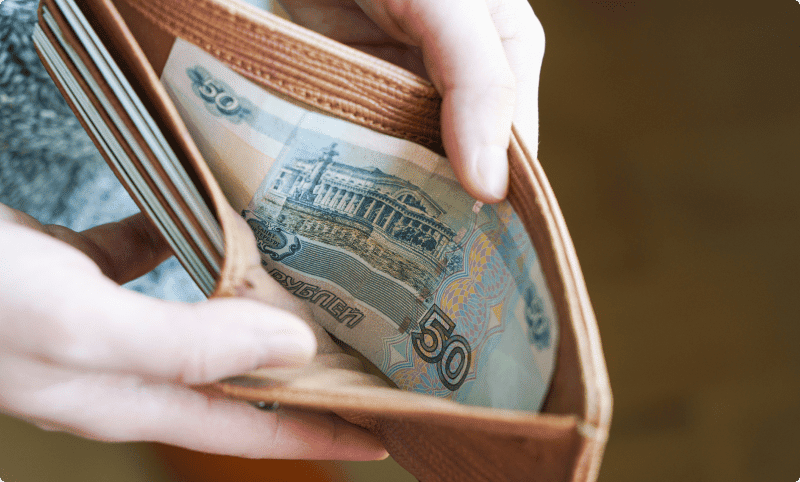Is it expensive to travel to Germany?

Average cost of living in Germany
Germany is a wonderful place to live, with some larger cities, such as its capital Berlin, having a relatively low cost of living. Large commercial and tourism centers like Munich and Hamburg are more expensive, whereas small communities like Aachen and Oldenburg are much more affordable.
Here’s a summary of some typical German expenses:
(Note to budget more if you intend to eat out frequently)
Meals Expenses
$12 – low-cost restaurant dinner
$59 – mid-range restaurant supper for two
$45 – average weekly shopping bill
Hotel
$25 – Price per night of a single bed in a shared room at an international hostel
$100 – Price per night of a single room at a 3-star hotel
$250 – Price per night of a single room at a 4-star hotel
Rent
A dorm room or a room in a shared apartment in the city center costs between $354 and $888.
A one-bedroom apartment in a big city costs between $590 and $1,509.
Utilities are approximately $303 per month (heat, electricity, cooling, water, garbage, internet)
Mobile phone
Approximately $16.50 per month
Regional transportation
A monthly pass costs around $83, there may be cheaper options for travellers.
Personal expenditures
$25 for a pair of jeans in a large store like H&M
$4 for 0.5L of domestic beer
$3 for a cappuccino
$13 for a movie ticket
Cheapest Time to Travel to Germany
The high-season in Germany can be very expensive. Between the months of May and August, especially, flight tickets and lodging costs soar quickly. On the other hand, the cheapest month to travel to Germany is February. This is off-season and unfortunately, many attractions such as Christmas markets won’t be available anymore for you to visit. And the weather may be cold and unwelcoming. Nonetheless, the shoulder season (from March to June and from September to November) is a beautiful, inexpensive time to visit Germany.
There will be many events throughout the year you should look out for. You must know the Oktoberfest in Munich which draws hundreds of thousands of visitors from all over the world. In Frankfurt, the Buchmesse (World’s largest book fair) can crowd the city quickly and make hotel prices almost inaccessible in the specific weekend of the fair. Therefore, exercise caution and plan your trip accordingly.
Top tips on how to save money in Germany
• If you are traveling by train, consider buying a German Rail Pass. It will serve you well!
• Book train tickets in advance if you are considering a high-speed train.
• Rideshare with BlaBlaCar if you are a solo traveller.
• Coaches may take many more hours than trains, but they are among the most inexpensive options you will find for intercity traveling in Germany. Consider FlixBus.
• Some of the best stuff is free in the big cities – numerous museums and attractions do not require you to pay for an entry ticket.
• If you are on a budget, take advantage of lunch menus in Germany offering many options for lower prices. Feast at lunch and eat something quick for dinner!
• Ask for “Leitungwasser”: that’s tap water. Restaurants will bring you mineral water if you don’t specify, and that may lead to higher prices.
• Don’t overtip the waiters – a 10% at restaurants will do nicely, but don’t leave the tip on the table, rather hand it directly to your waiter. There’s no need to tip for a coffee.
• Visit the Flea Markets in Berlin and Munich to find rare memorabilia and nice vintage outfits. These are usually on Saturday or Sunday.
• Call your bank before leaving to understand which fees regarding international withdrawals you may incur in. Let them know you are traveling abroad and you want to funny business from their side.
• Know how to plan a budget-conscious trip. So many people plan their trip to Germany putting on their to-do list both Berlin and Neuschwanstein Castle. But these two are are separated by an 8-hour drive. Focus on one region rather than try to fit everything in a 4-or-5-day trip.